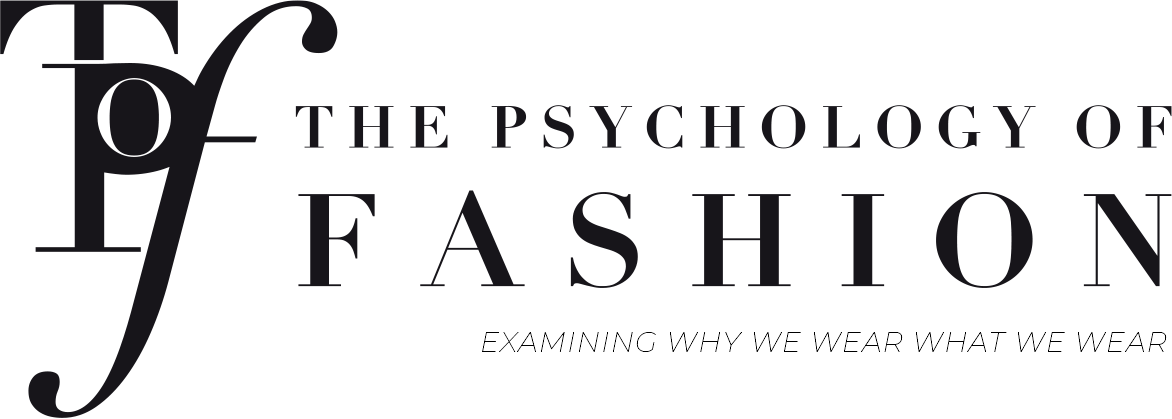Princess Nokia’s music video for “Balenciaga” debuted just two weeks ago, and has become my deterrent for using Instagram’s like-to-buy feature over Black Friday. With lyrics like:
“Sketchers looking like Balenciaga / Thrift clothes looking like the Prada / Whole fit lit, it cost me nada / B*tches always talking, I give them all nada.”
The rapper and singer is able to comment on an approach to fashion that hasn’t had much recognition in the music scene since Macklemore and Ryan Lewis’s “Thriftshop” in 2012. While Nokia’s cadence is less playful than the aforementioned entertainers, the message of autonomous meaning-making remains the same.
Princess Nokia, whose offstage name is Destiny Frasqueri, suggests that the creativity one imbues into an outfit is a more veritable measurement of personal style than adorning oneself with the accoutrements of ready-to-wear garb. What’s interesting about Frasqueri’s lyrics is her use of the brand Balenciaga, which is known as a subversive fashion house. Her song calls out the mainstream appeal of aligning oneself with the counterculture brand online, as “dressing for hype” and “likes.” This popular approach to the alternative brand corrupts the philosophy of subversion, which is acknowledged as behaving in a way that goes against the norm. It’s in this headspace of cognitive dissonance that consumers, myself included, begin to go a little mad. This unfolds onscreen throughout Frasqueri’s choreography where she dances in an interpretative style while stripping her clothes off, possibly alluding to the tale The Emperor’s New Clothes.
“This song is about the fun I’ve always had taking designer concepts and recreating them with imagination and personality.” - Princess Nokia
What’s different about this regard toward fashion in music is the inhibition expressed toward equating the monetary value of a brand’s identity to one’s personal identity. As Frasqueri told Rolling Stone, “this song is not an anti-fashion anthem…it’s about the fun I’ve always had taking designer concepts and recreating them with imagination and personality,” Nokia explains. Her message in this song contrasts to that of others that debuted this year, such as Ariana Grande’s “7 Rings.” Not to add fuel to the controversy (Frasqueri has accused Grande of plagiarizing her song “Mine” during the production of “7 Rings”) by comparison, but Grande’s message of conspicuous consumption versus Frasqueri’s focus on self-styling begs the question of how we ascribe value to our clothes. Nokia comments more directly on how social status is linked to cultural associations with wealth and prosperity whereas the “7 Rings” singer unflinchingly celebrates the spoils of success.
Ariana Grande’s 7 Rings embraces consumerism in all forms.
This mature lens through which Frasqueri sees society could be accredited to her New York upbringing, which is underscored as being an adolescent in characteristically adult scenarios. (At age two, Frasqueri lost her mother to AIDS. Between the ages of 9 and 16, she was in foster care. During her time in foster care, her foster mother was physically abusive.) It seems Frasqueri developed a sense of personal agency at a young age and let that quality positively evolve with her as an adult with an acute eye for individual style and flair. The message in her song renders an inspirational theme of self-assurance.
My generation, Gen Z, seems to be polarized between conservation and consumption. On one hand, there are the Kylies and the Arianas. On the other, there’s Greta Thunberg. Princess Nokia’s sentiment is particularly important for younger listeners who need a more balanced message from celebrities. Mixed messages regarding the two topics only divides members of the young audience further. Fashion acts as a neutral party, playing a role that’s neither good nor bad, but important for us as cultural players to stay aware of how its reputation is framed within music and media.












As news of PSYKHE’s launch spreads, The Psychology of Fashion and PSYKHE’s founder Anabel Maldonado sat down with editors at Forbes and WWD to discuss the platform, the journey and why the world needs personalization powered by AI and psychology.